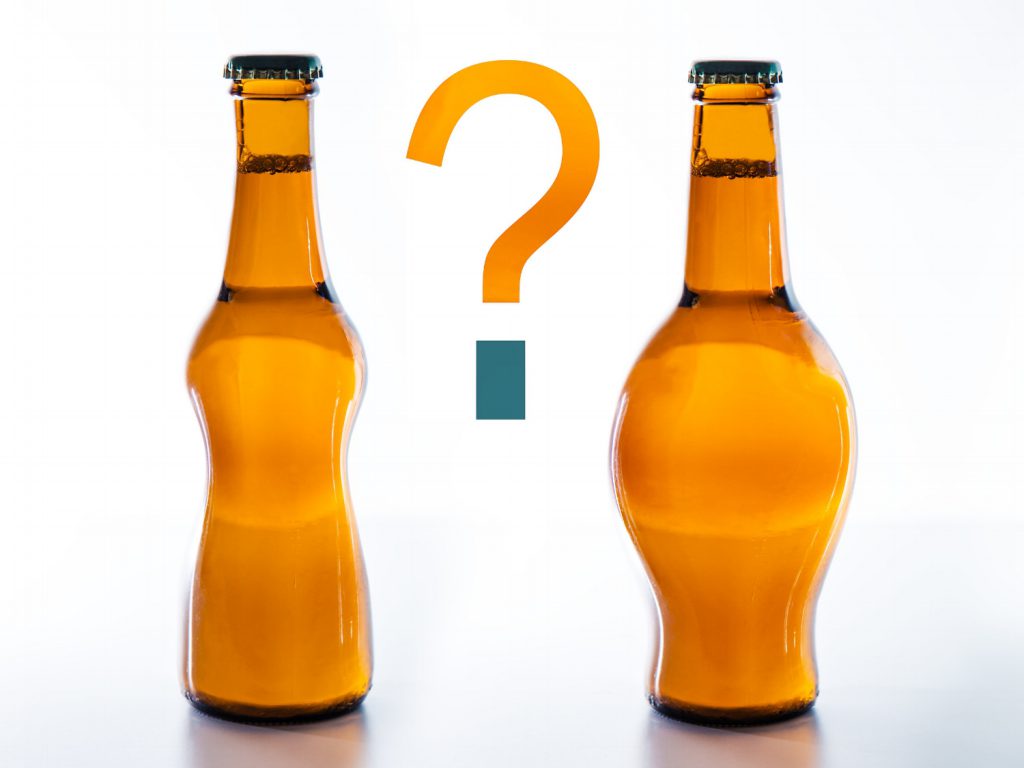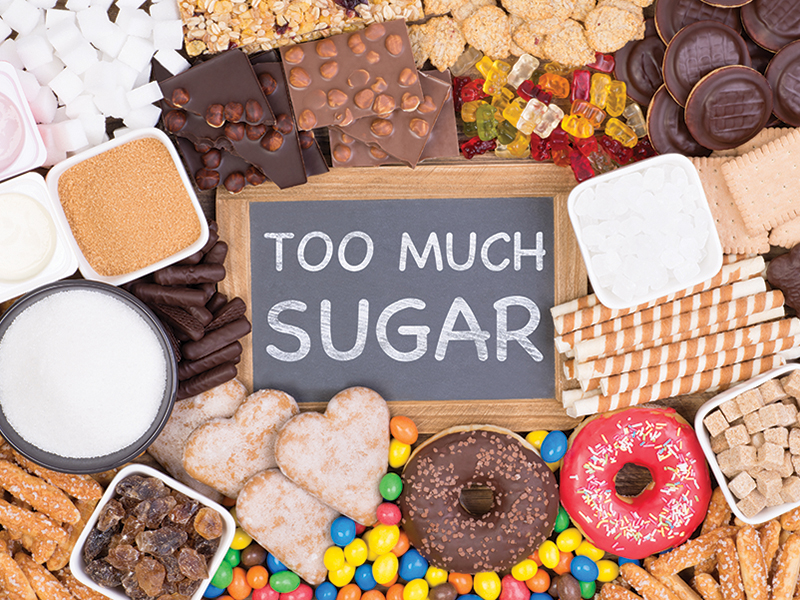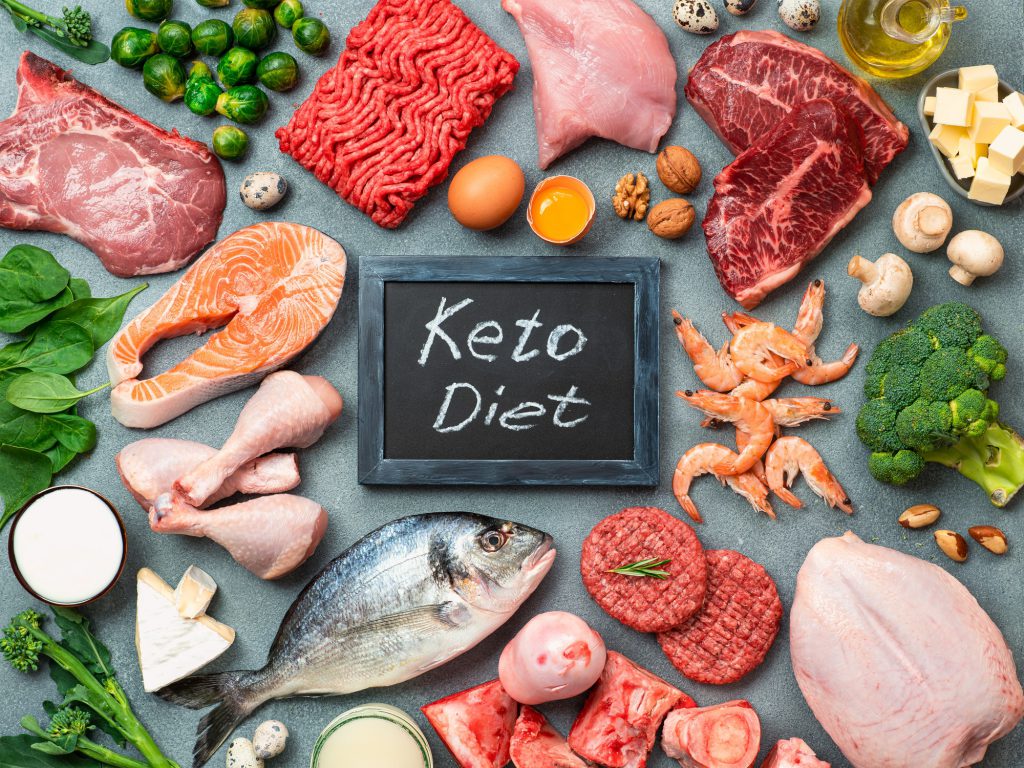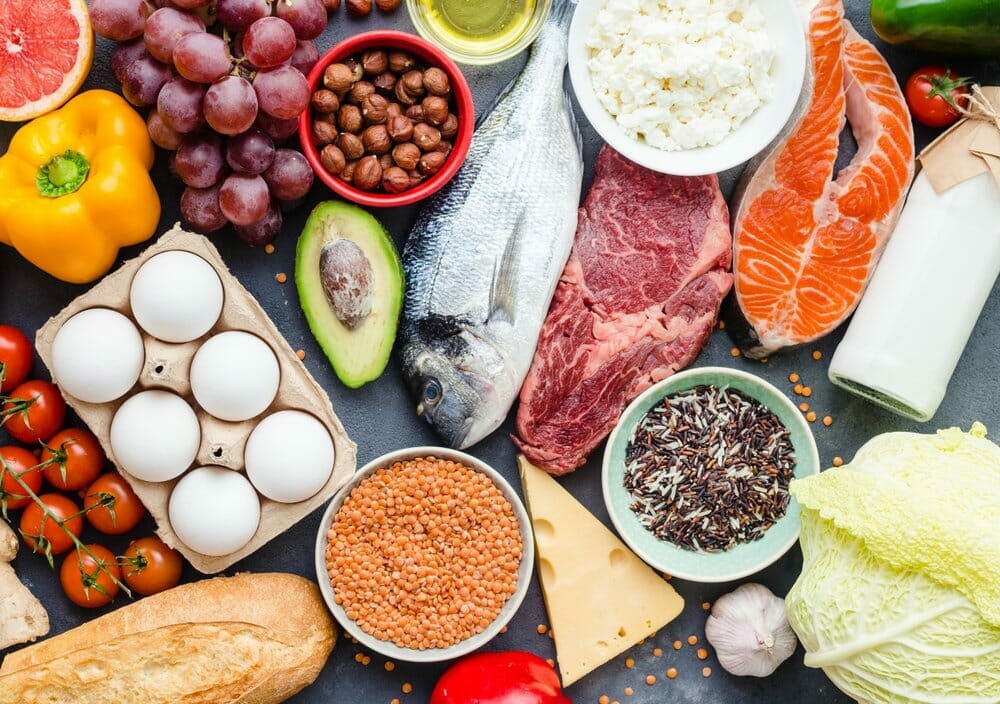How Does Alcohol Affect Weight Loss – Ever wondered why the weight isn’t coming off? Are you hitting the gym hard every day and eating well but still sinking a few glasses of wine each night? Alcohol is the enemy when it comes to your weight loss and fitness goals. Alcohol and training don’t mix. Simple.
If you are Strive Weight Loss App fan, and hopefully, you are you will know the importance of staying consistent and on track with your goals. We like to educate you ad ensure you have the best shot at achieving your fitness goals.
You may love a glass of wine after a long day at work but the reality is, it’s doing you more harm than good while seriously inhibiting your progress.
Winding down every night with an alcoholic beverage may seem like a good idea, but add these units up over the week and you may well be putting more away than your recommended weekly average. Alcohol really is your enemy when it comes to your training and weight loss goals, and it really isn’t. Here is why mindfulness has a positive effect on fitness-say – it’s FACT. It’s time you learnt the truth about how much damage that daily drinking could be doing to you with some science-backed evidence – are you ready?
Alcohol can HALT your weight loss
No weight loss regime will be successful if you are still putting away the units. Effects of Alcohol on Weight Loss – Alcohol is your enemy when it comes to weight loss. Alcohol can be extremely calorific, with no nutritional value. Think of it like this – you are consuming hundreds of completely useless calories that your body can do nothing with, with no nutritional benefits at all. Drinkaware.com states that
Alcohol contains around seven calories a gram – almost as many as pure fat. Calories from alcohol are ’empty calories’, meaning they have no nutritional value. They don’t benefit our bodies in any way. Different alcoholic drinks have different amounts of calories in them, and many are high in sugar.
Let’s just put it into perspective just how calorific some alcohol is:
| Red table wine | 5 oz (145 ml) | 125 |
| Beer (regular) | 12 oz (355 ml) | 153 |
| Pina colada | 6.8 oz (200 ml) | 526 |
If you have had a night out on the town or been out with your friends to an alcohol-fuelled event then your body will have no choice but to burn the alcohol as fuel first – sucks right? What about all the body fat you already have stored? So all that effort doing cardio will be wasted until your body has used all of the calories from the alcohol. Of course, this doesn’t permanently stop weight loss, it just postpones it significantly. Your body can’t store alcohol as glycogen to be used up later, so it virtually hangs around in your body until it’s burned – after it’s burned your body will then get back into ketosis/lipolysis.
Negative impact on Muscle Gain & Strength
Does Alcohol Make You Gain Weight – Alcohol can affect a number of different processes in your body which makes it a terrible choice for athletes, bodybuilders and professional sportspeople alike. Studies have suggested that alcohol consumption decreases the use of glucose and amino acids by skeletal muscles, adversely affects energy supply and impairs the metabolic process during exercise.
Alcohol is metabolized (broken down) very slowly so you can still suffer from its effects 48 hours after consumption. Alcohol affects muscle recovery because it interferes with the processes of protein synthesis. Not only that, alcohol can disrupt your sleeping patterns and growth hormones, imperative for muscle growth. Alcohol can also cause vitamin and mineral depletion in your body as it makes it tougher for these to be absorbed. It just doesn’t seem worth it does it?
Alcohol also impairs your balance and coordination as well as gross motor coordination, it also increases fatigue because your liver function is significantly impacted following its ingestion.
Inhibited sporting performance
Studies have shown that alcohol use is directly linked to the rate of injury sustained in sports events and appears to evoke detrimental effects on exercise performance capacity.
Alcohol acts as a diuretic, and putting away too much of it can lead to you becoming dehydrated because as a result of drinking it, your kidneys work harder which will make them produce more urine. If you then choose to exercise soon after drinking alcohol, this can make the dehydration more severe because you will also be sweating as your body temperature rises. As a result of dehydration, alcohol also negatively impacts your aerobic capacity significantly reducing it.
Alcohol & your Sex Life
Alcohol can also inhibit your sex life and can be a big contributory factor of erectile dysfunction in men. A lot of younger men out there don’t realize this because they actually think that alcohol increases their libido and arousal making them hornier!
It may well increase the desire, but it takes away from the performance, unfortunately! Don’t forget alcohol slows down reactions in the body and mind too which will make masturbation a tad more difficult.
It may be a nice social activity to enjoy, having a few beers or cocktails but your body will be the one that has to pay for it eventually.
Ask yourself this ‘Is alcohol really worth it’?
Weigh up the evidence presented above in relation to your goals. How much do you want to achieve your goals and can you really afford to cope with all those damaging effects presented above? If you haven’t already, be sure to download the Strive Fitness Competition App to keep you on track and progressing.
Frequently Asked Questions
Does alcohol affect fat loss?
Alcohol consumption, specifically beer consumption, has been noted to slow down fat loss and contribute to weight gain. There is a good deal of evidence that alcohol consumption during a caloric deficit has little or no effect on weight loss, but this is not the case with diets that are heavy in calories from alcohol. The more you drink, the more potential you have for blunting the appetite-regulating effects of leptin and ghrelin by downregulating their hormones.
Can I drink alcohol while dieting?
You can drink alcohol in moderation when dieting, but it's important that you're drinking enough water. Alcohol is a diuretic and will reduce your hunger levels more quickly, but it will also cause a person to crave more food when they have reached their calorie limits. If you're drinking alcoholic beverages like wine or beer on a regular basis, then it's best to drink them in moderation while dieting, rather than not at all.
Does alcohol slow down metabolism?
Studies have shown that the more alcohol you drink, the slower your metabolism becomes. A study published in "The American Journal of Clinical Nutrition" found that a large amount of alcohol can cause a decrease in resting metabolic rate by up to 70%. Alcohol can also increase appetite and affect how well your body utilizes food for energy.
What is the healthiest alcohol for weight loss?
There are certain alcohols that are effective in weight loss. Red wine comes at the top position in this category. It also holds heart health benefits. Intake of light beer, which has low calories, is good for your weight loss diet. The zero-calorie vodka soda will not disturb your weight loss goals. You can also try rum and diet cola to reduce calories and sugar.
Can Whisky help in losing weight?
Whisky isn't all bad for you; in fact, it has some positive effects on weight loss. The alcohol content in Whisky is less as a percentage of the drink compared to other types of alcoholic beverages like wine or beer. There are also more antioxidants and polyphenols in Whisky than in wine because of how the yeast ferments the grapes and other fruits for longer periods of time. As a result, not only does Whisky contain fewer calories, but it contains more antioxidants needed for a healthy diet.
How can alcohol affect the fat burn process?
Alcohol affects the fat burn process in several different ways. First, alcohol aids in the breakdown of glycogen. Alcohol does not directly break down fat, but it does require more effort from your body to digest and metabolize alcohol as opposed to other food groups because alcohol is absorbed into the bloodstream more quickly than other nutrients. Aside from aiding in glycogen breakdown, alcohol improves insulin sensitivity which helps with your overall weight loss goals.
How shortly will I lose weight after quitting alcohol?
Drinking alcohol can cause many health problems for your weight loss diet. Individuals who stop drinking alcohol altogether can experience a change in their physical composition in days to weeks after quitting the habit of alcohol. Controlling your intake of alcohol means that you will be cutting calorie intake, and that will improve the overall health of individuals.
Does alcohol negatively affect muscle growth?
Alcohol is known to have a deleterious effect on muscle growth in adults, as well as its presence during an acute weight-resistance training bout. It is also known to reduce muscular performance and slow recovery. Remember that alcohol might also affect your diet and general health negatively. After certain analysis, it is found that consumption of alcohol has a negative impact on gaining muscles. Additionally, it setbacks the set fitness goal. Daily consumption of alcohol serves a negative impact on muscle protein synthesis (MPS), which reduces the possibility of muscle growth.



